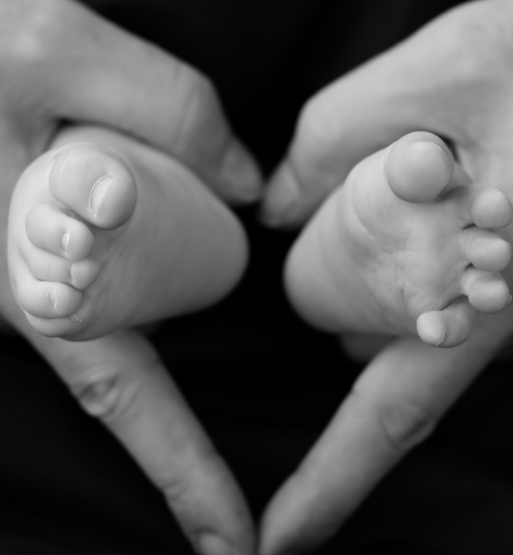In Belgium, the Justice Commission of the Belgian Chamber is continuing the delicate debate surrounding the civil status of “stillborn babies”, with the possibility that the bill could be adopted before the summer. It is worrying some advocates of abortion who view this recognition as a threat.
In terms of current Belgian legislation, a stillborn child must be included in the Register of Births and Deaths from six months into the pregnancy (180 days). Article 80aof the Civil Code demands that notification is made and the stillborn child may have to be named – and that is all. In terms of the legislation currently under discussion, the main aim of which is “to adapt legislation for stillborn children to advance neonatality”, it is a question of lowering this threshold to 140 or even 85 days – just after the legal limit for abortion which can be performed in Belgium up to 84 days.
For Sylvie Lausberg, Director of the Studies and Strategies Department at the Centre for Lay Action, these draft bills pose a threat to abortion because, if adopted, legislation would equate to recognising an embryo as a child: “If we stipulate up to 85 days in the law, we will have birth certificates and family names, which means we are talking of a child”. She went on to add: “This means that if you abort at twelve weeks, you recognise the fact that, as from the following day, your embryo would be a child. Psychologically, it’s dreadful”.
As far as she is concerned, this recognition would mean that you can “no longer touch [to reduce limits] the length of time to have an abortion”, since “it would be tantamount to killing a child and therefore homicide”. Bearing this in mind, not that many families request this option to help them through the mourning process, and the “dreadful impact on women” resulting from recognition of the civil status of “stillborn children” should not become standard practice. Women who experience a miscarriage “will suffer twice the pain if they have to decide on names and obtain a birth certificate”on the loss of a child whilst those who opt for a medical abortion will feel guilty of killing a child.
Claire Rommeleare, lawyer and assistant at the Faculty of Law and member of the Bioethics Centre at Namur University believes that this approach achieves “significant social recognition for the grieving parents”. “It is not a modern method or desire to ‘psychologically evaluate everything’”, because the “suffering caused by the loss of an unborn child[…] has always existed”. Recognising the fact that new monitoring techniques during pregnancy certainly add a different dimension to this suffering since it is now possible, for example to see “a miniature human profile” from the 12-week scan, she confirms that “the act of registering a stillborn child equates to the social recognition of that child for its parents”. According to Claire Rommeleare, lowering the threshold from 180 to 140 days seems “relevant from a scientific perspective”.
She added that this civil recognition should not be confused with the recognition of a legal person reserved by Belgian law for living, viable babies, and believes that this amendment does not oppose abortion…
La Libre (20/04/2016)

